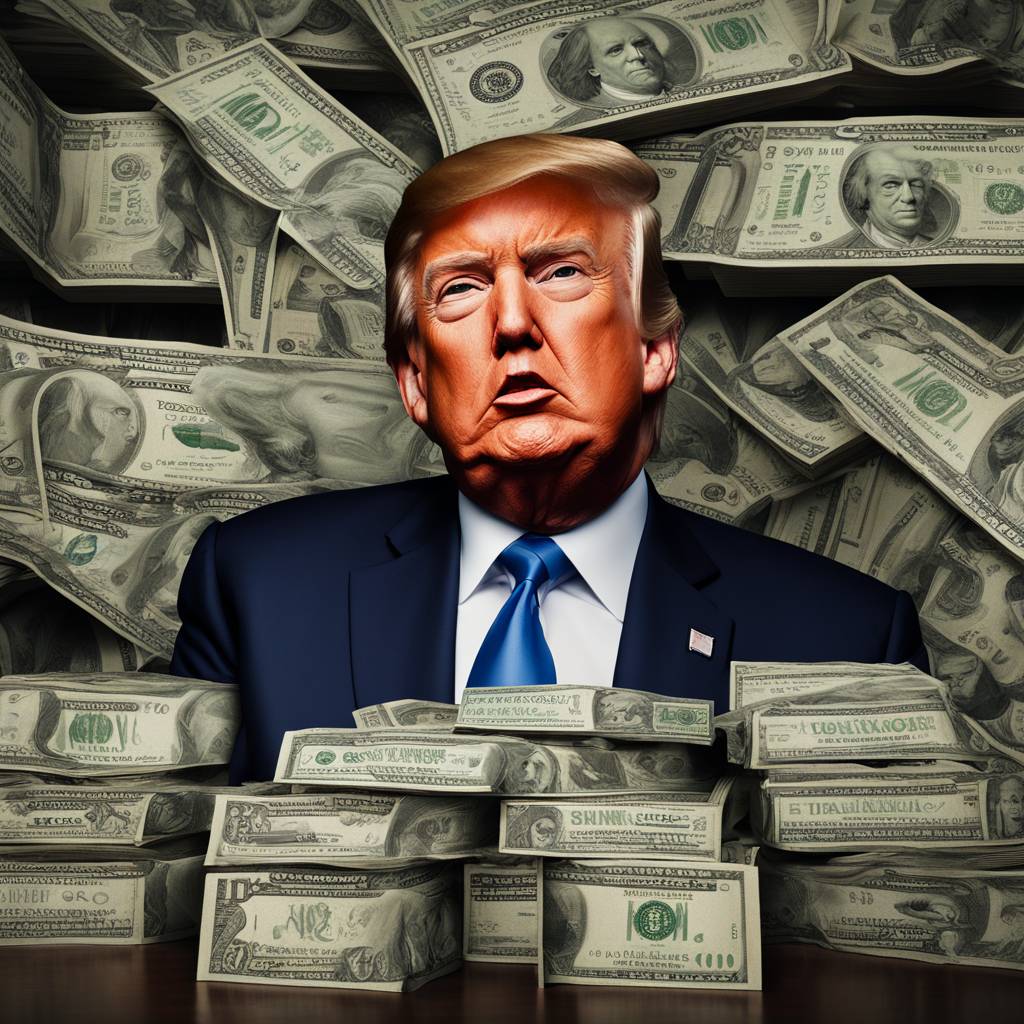Former President Donald J. Trump faced a trial on charges of covering up a sex scandal, with his lawyers attempting to delay the trial through various legal maneuvers. Despite their efforts, the trial was set to start on Monday. Trump filed a civil action against the judge in the case, seeking to delay it while the appeals court reconsidered certain rulings. However, the appeals court promptly rejected his request, and further delays seemed unlikely.
The episode highlighted Trump’s desperation to postpone the trial, with his legal team resorting to multiple last-minute appeals and tactics. Trump’s move to take legal action against a judge and overwhelm the appeals court with delay tactics was seen as audacious and unprecedented by legal experts. The former president’s penchant for stalling legal proceedings was evident in this case, which experts found unusual due to the frequency and intensity of the delay tactics being used.
The attempt to oust Justice Merchan, the judge overseeing the case, based on a perceived conflict of interest involving his daughter’s work as a Democratic political consultant, was met with skepticism by ethics experts. The judge had previously refused to recuse himself as a judicial ethics panel found no real conflict. Trump’s lawyers also sought to prevent prosecutors from presenting certain evidence related to his duties as president, a request that was rejected by Justice Merchan.
While Mr. Trump’s legal team argued that the appeals court should intervene to ensure a fair trial, the prosecutor emphasized the importance of moving forward as scheduled. A lawyer for Trump acknowledged the significance of the trial but maintained that the appeals court needed to step in to ensure fairness. There were political implications for Trump in losing the appeals, as he could use these denials to support his claims of bias in the legal system.
The Manhattan case brought by District Attorney Alvin L. Bragg alleged that Trump falsified records to cover up a sex scandal involving Stormy Daniels. This trial would be the first of four indictments faced by Trump in different cities. Despite the efforts to delay the trial with appeals and legal actions, it appeared likely to proceed as scheduled. If Trump were to win the election, it was expected that these criminal cases would be halted, emphasizing the significance of the upcoming trial before Election Day.








